'Doubly penalized': Swiss pension funds consider legal action
From CNN's Mark Thompson
A group of Swiss investors is considering legal action over the emergency takeover of Credit Suisse by UBS that was announced Sunday.
Ethos Foundation said the Swiss pension funds it represents are “doubly penalized” by the takeover because they won’t get to vote on the deal and they’ll be faced in the future with the downsides of dealing with one dominant national bank.
In a statement Monday, Ethos urged UBS to consider spinning out the Swiss bank and listing it separately via an IPO as soon as possible.
“This would preserve jobs and maintain a healthy competition, which would ensure the proper functioning of our economy,” Ethos said. “Faced with this unprecedented failure in the history of the Swiss financial centre, Ethos will continue to defend the interests of minority shareholders, starting with the Swiss pension funds. All options will be examined in the coming days, including legal ones, to determine the responsibilities of this debacle.”
Good news and bad news about banks
From CNN's David Goldman
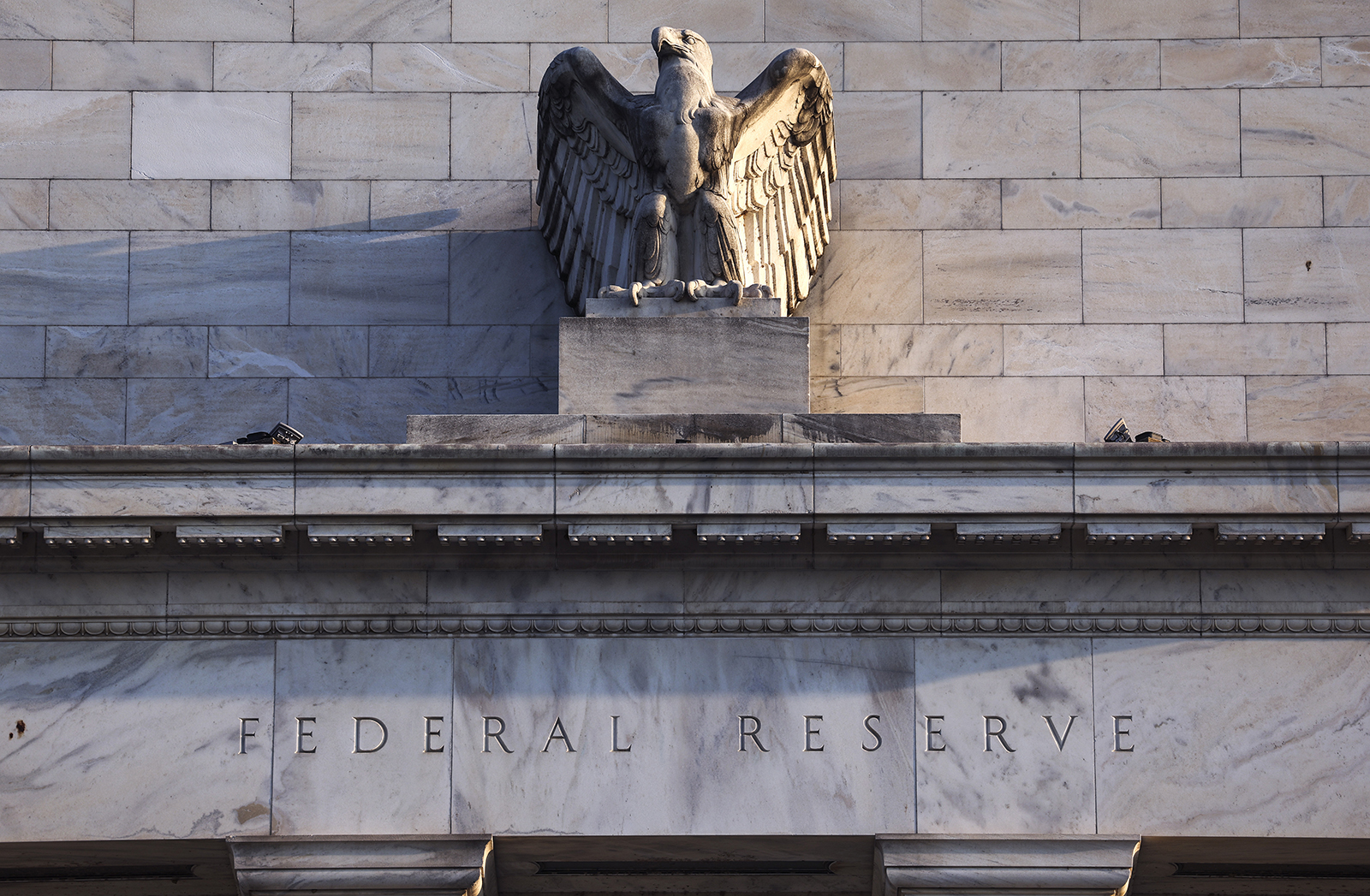 The Marriner S. Eccles Federal Reserve Board Building is seen on September 19, 2022 in Washington, DC. (Kevin Dietsch/Getty Images)
The Marriner S. Eccles Federal Reserve Board Building is seen on September 19, 2022 in Washington, DC. (Kevin Dietsch/Getty Images)Many other banks, the identities of which will likely remain unknown for quite some time, sought emergency loans from the Federal Reserve over the past week. Banks borrowed a record $153 billion from the Fed's discount window last week -- a last-resort option for banks to gain quick access to cash.
The good news: Those loans do not indicate anything inherently wrong with the global banking system. None of the banks that borrowed from the Fed's discount window borrowed on secondary credit terms -- emergency, overnight loans that help deeply troubled banks keep the lights on. Those loans come with severe restrictions and more oversight from the Fed.
The fact that the loans the Fed delivered were primary credit "indicates that US bank supervisors consider the banks that needed emergency support 'healthy' and not at elevated risk of imminent failure," noted Jill Cetina, Moody's analyst, in a note to investors Friday.
The bad news: Banks may be healthy on the whole, but all that borrowing shows just how much strain is on the financial system at the moment.
Strain means banks may be resistant to lend money, adding more scrutiny to the creditworthiness of borrowers. That means fewer mortgages and less money flowing to businesses, which could slow the global economy.
That's why central banks stepped in on Sunday. Their coordinated action, the likes of which the world hasn't seen since the European debt crisis a decade ago, represents the first indication that the banking crisis could have long-lasting and damaging effects to the global economy.
Global banking crisis: It's one problem down, too many others left to go
From CNN's David Goldman
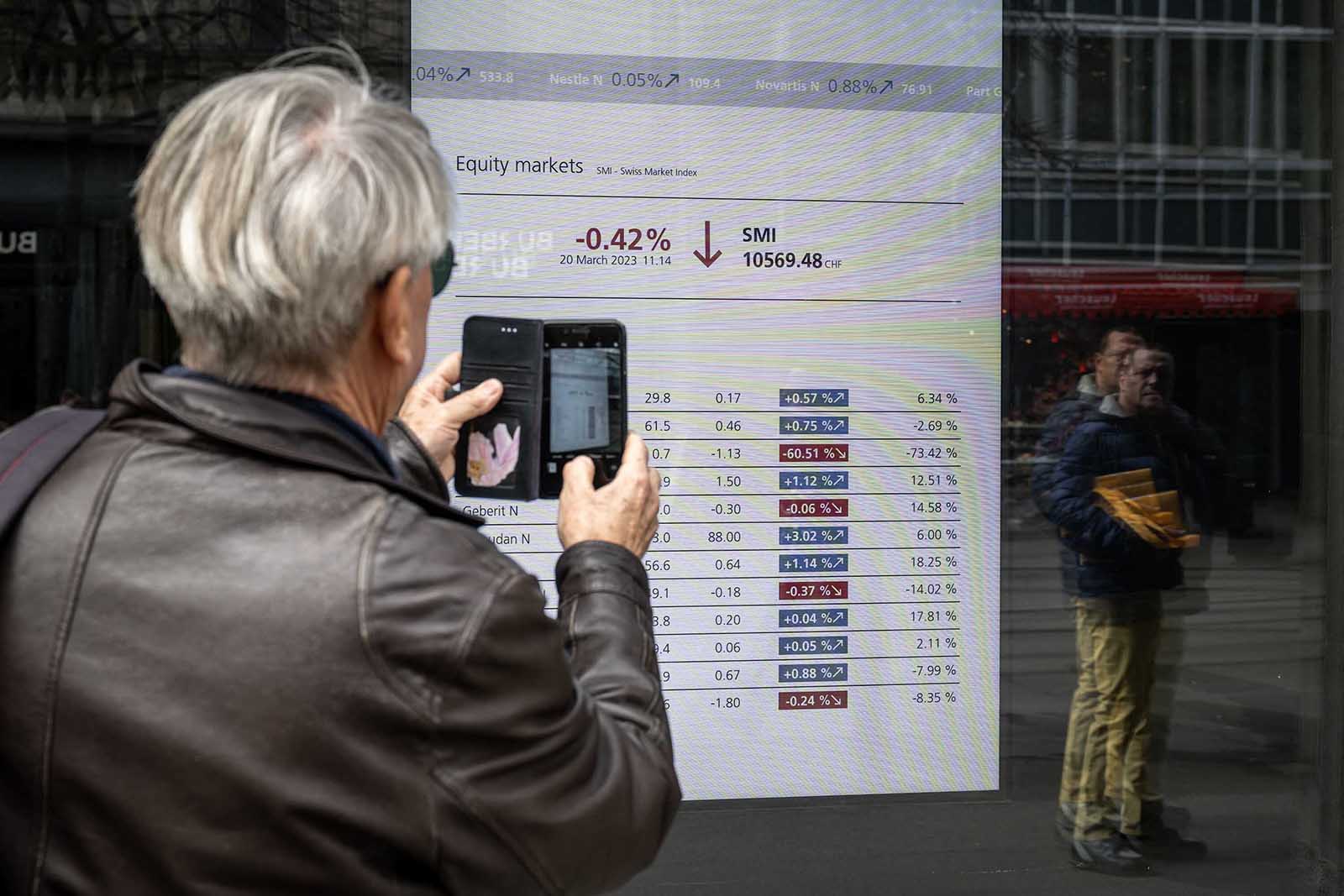 A man takes a picture with his mobile phone of a market board at the headquarters of Swiss giant banking UBS in Zurich on March 20. (Fabrice Coffrini/AFP/Getty Images)
A man takes a picture with his mobile phone of a market board at the headquarters of Swiss giant banking UBS in Zurich on March 20. (Fabrice Coffrini/AFP/Getty Images)Credit Suisse, hobbled for decades by mismanagement, scandal and bad bets, finally succumbed to the emerging global banking crisis. Its stunning and rapid takeover by rival UBS, orchestrated by Swiss authorities Sunday, took one giant, wobbling domino off the table. Hours later, a group of central banks from around the world boosted the movement of US dollars through the global financial system to keep loans flowing to households and businesses and support the world’s major economies.
The question investors and nervous customers want answered this week: What's next? Are other banks about to fall -- or be saved? Will regulators be forced to step in with more rescue plans?
Some regional banks have teetered on the brink over the past week, with anxious customers pulling tens of billions of dollars in cash from the smaller banks and placing them with bigger institutions that are better capitalized.
To pay customers their withdrawals, regional banks have scrambled to access enough cash. First Republic received a $70 billion loan from JPMorgan Chase a week ago and another $30 billion lifeline on Thursday. That still appears to be insufficient, with First Republic's shares tumbling another 33% Friday.
Many other banks, the identities of which will likely remain unknown for quite some time, sought emergency loans from the Federal Reserve over the past week. Banks borrowed a record $153 billion from the Fed's discount window last week -- a last-resort option for banks to gain quick access to cash.
How will this end?
From CNN's David Goldman
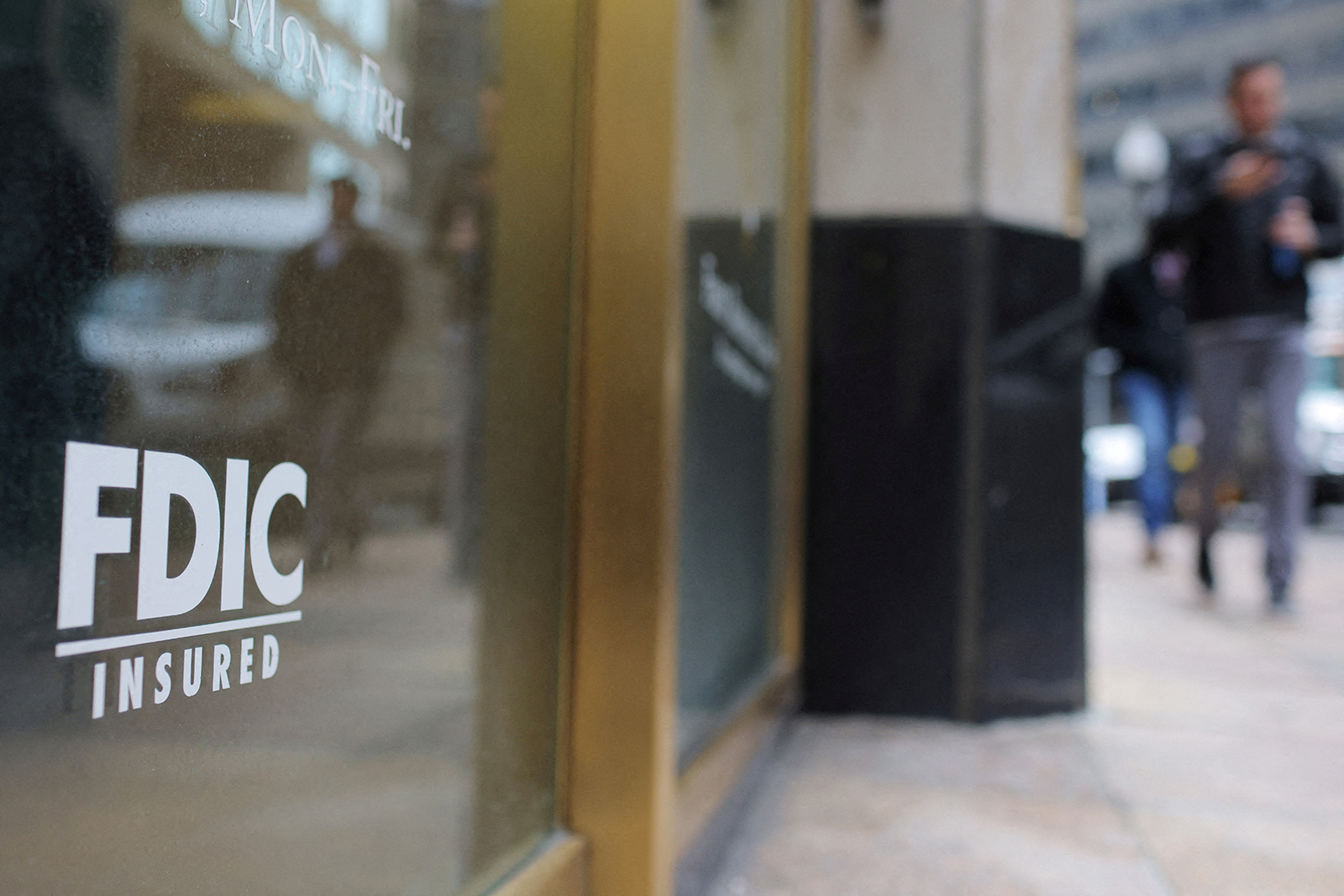 A sign reads “FDIC Insured” on the door of a branch of First Republic Bank in Boston, Massachusetts, on March 13. (Brian Snyder/Reuters)
A sign reads “FDIC Insured” on the door of a branch of First Republic Bank in Boston, Massachusetts, on March 13. (Brian Snyder/Reuters)The solution to the banking crisis sweeping the globe would be for customers to stop withdrawing deposits. But the banking system and regulators would have to calm fears before that happens system-wide.
That's why there are growing calls for US authorities to guarantee all customer deposits, regardless of whether they're insured or uninsured. The US Federal Deposit Insurance Corporation insures deposits at eligible banks up to $250,000 per account. European countries operate similar programs.
If regulators insured all deposits of all sizes, similar to what happened to Silicon Valley Bank and Signature customers after those banks failed, that could give customers confidence that their money is safe with regional banks.
Moody's on Friday said there is a "high likelihood" that federal regulators could invoke a systemic risk exception to protect all uninsured depositors at First Republic. But if regulators make an exception for just one more bank, that would mean rescuing every teetering bank.
US authorities may be reluctant to do that if there's a chance the system can work out its problems on its own. With a looming debt ceiling crisis and intense scrutiny about using taxpayer money to fund anything close to resembling a bailout, the Biden administration would almost certainly prefer an organic solution to the crisis.
There's some evidence that may be starting to happen.
Western Alliance and Charles Schwab, which both reported a large amount of withdrawals last week, sought to reassure customers and investors by saying deposits were relatively steady over the past few days and they remained sufficiently liquid -- which means they have enough cash to continue to fund their operations.
And a US official told CNN that deposits at small and midsize American banks have stabilized in recent days, with outflows either slowing, stopping or in some cases reversing.
Credit Suisse's problems -- years in the making -- are unrelated to the recent deposit runs at US banks. But after UBS came to the rescue of Credit Suisse, the flood of deposit withdrawals from US regional banks eased and central banks tried to make dollars more available to keep banks lending, there's hope the current banking crisis fades and the world evades an economic downturn.
What's certain: This isn't over yet.
-- CNN's Matt Egan and Phil Mattingly contributed to this report
The ongoing global banking crisis will make it harder to get a loan
From CNN's Mark Thompson
Stressed banks will pay much greater attention to the creditworthiness of borrowers, whether they’re businesses looking for loans or home buyers trying to find mortgages.
Christine Lagarde, president of the European Central Bank, told reporters Thursday that “persistently elevated market tensions” could further constrict credit conditions that were already tightening in response to rising interest rates.
CNN's Anna Cooban contributed to this report.
Here's how much it has cost to rescue teetering banks
From CNN's Mark Thompson
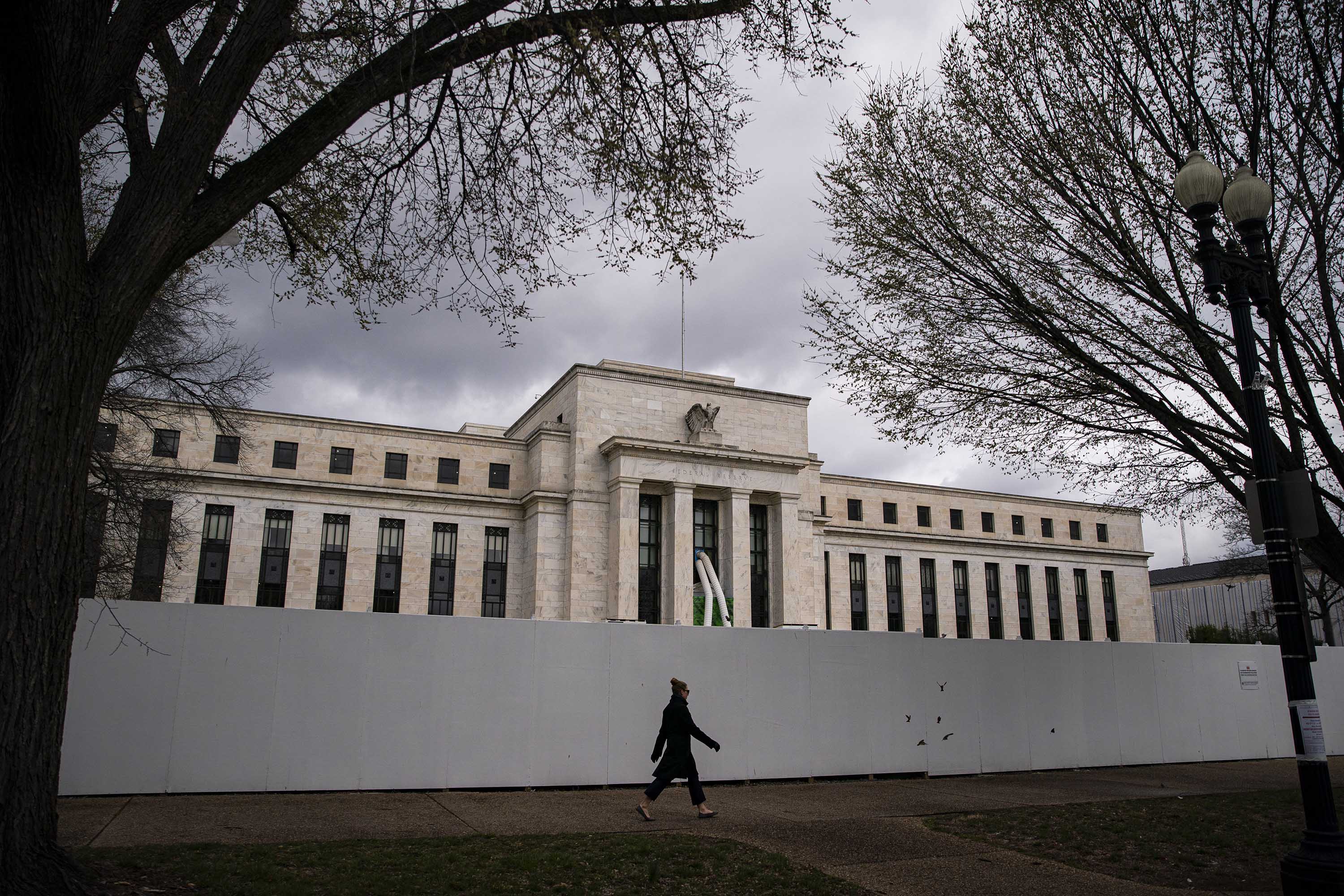 The Marriner S. Eccles Federal Reserve building is pictured in Washington, DC, on March 13. (Al Drago/Bloomberg/Getty Images)
The Marriner S. Eccles Federal Reserve building is pictured in Washington, DC, on March 13. (Al Drago/Bloomberg/Getty Images)Lenders of last resort — central banks — and some of the industry’s strongest players provided huge sums of emergency cash to support teetering banks since the global banking crisis began.
More than $400 billion has gone so far in direct central bank support.
In guaranteeing all deposits at Silicon Valley Bank and Signature Bank, the US Federal Reserve is on the hook for $140 billion.
Then there’s the $54 billion the Swiss National Bank offered Credit Suisse in the form of an emergency loan, and 209 billion Swiss francs ($225 billion) offered to UBS in loans, guaranteed by the Swiss states, and protection against potential losses.
The Fed has also agreed to record amounts of loans to other banks this week. Banks borrowed nearly $153 billion from the Fed in recent days, smashing the previous record of $112 billion set during the crisis of 2008.
Banks also drew on nearly $12 billion of loans from the Fed’s new emergency lending program established at the start of the week with the aim of preventing more banks from collapsing.
The $318 billion the Fed has loaned in total to the financial system is about half what was extended during the global financial crisis.
The banking industry has also coughed up billions. JPMorgan Chase, Bank of America and Citigroup are among a group of 11 lenders providing the $30 billion cash infusion aimed at shoring up confidence in First Republic Bank.
HSBC has reportedly committed more than $2 billion to SVB’s UK business, which it bought on Sunday for £1.
CNN's Anna Cooban contributed to the reporting.
This story has been updated to reflect the latest numbers.
A timeline of the global banking crisis: What just happened?
From CNN's Mark Thompson
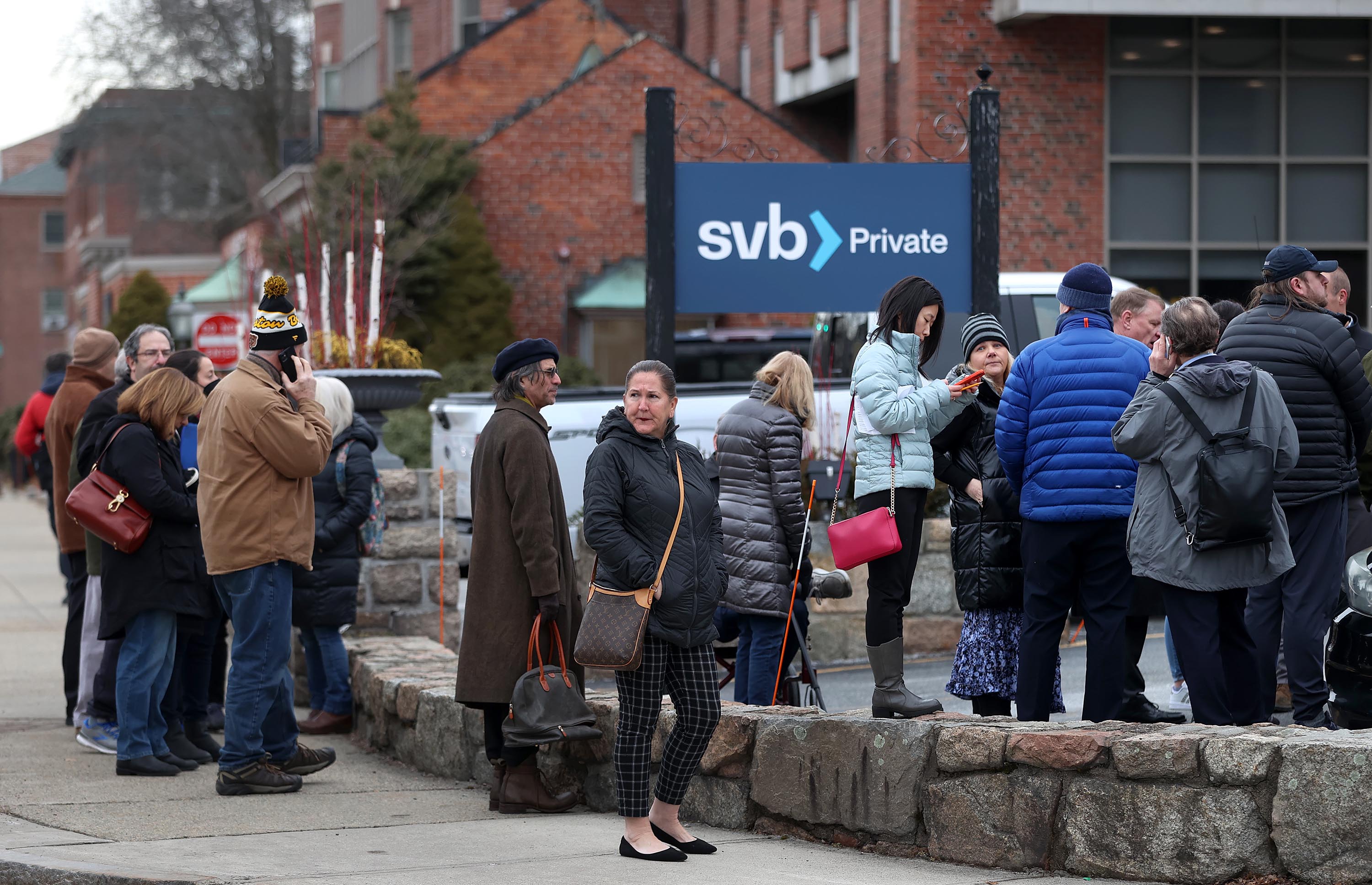 Customers line up outside a Silicon Valley Bank location in Wellesley, Massachusetts, on March 13. (David L. Ryan/The Boston Globe/Getty Images)
Customers line up outside a Silicon Valley Bank location in Wellesley, Massachusetts, on March 13. (David L. Ryan/The Boston Globe/Getty Images)On March 10, the failure of Silicon Valley Bank — biggest since the global financial crisis — was playing out in real time as a major lender to the tech industry succumbed to a classic bank run.
A week on, Signature Bank has been shut down, First Republic Bank has been propped up, and the first major threat since 2008 to a bank of global financial significance — Credit Suisse — has been averted after it was taken over by UBS.
Here's a timeline of what happened:
Friday, March 10: The US government’s Federal Deposit Insurance Corporation (FDIC) took control of SVB. It was the biggest banking collapse in America since Washington Mutual in 2008. The wheels started to come off 48 hours earlier when the bank took a multibillion-dollar loss cashing out US government bonds to raise money to pay depositors. It tried — unsuccessfully — to sell shares to shore up its finances. That triggered the panic that led to its downfall.
Sunday, March 12: The FDIC shut down Signature Bank after a run on its deposits by customers who were spooked by the implosion of SVB. Both banks had an unusually high ratio of uninsured deposits to fund their businesses.
Wednesday, March 15: After watching shares in Credit Suisse collapse by as much as 30%, Swiss authorities announced a backstop for the country’s second-biggest bank. It calmed the immediate market panic but the global player is not out of the woods yet. Investors and customers are worried that it doesn’t have a credible plan to reverse a long-term decline in its business.
Thursday, March 16: First Republic Bank was teetering on the brink as customers withdrew their deposits. In a meeting in Washington, US Treasury Secretary Janet Yellen and Jamie Dimon, the CEO of America’s biggest bank, drew up plans for a private sector rescue. The result was an agreement with a group of American lenders to deposit tens of billions of dollars of cash into First Republic to staunch the bleeding.
Sunday, March 19: Switzerland’s biggest bank, UBS, agreed to buy its ailing rival Credit Suisse in an emergency rescue deal aimed at stemming financial market panic.
FDIC sold most of the failed Signature Bank to Flagstar
From CNN's David Goldman
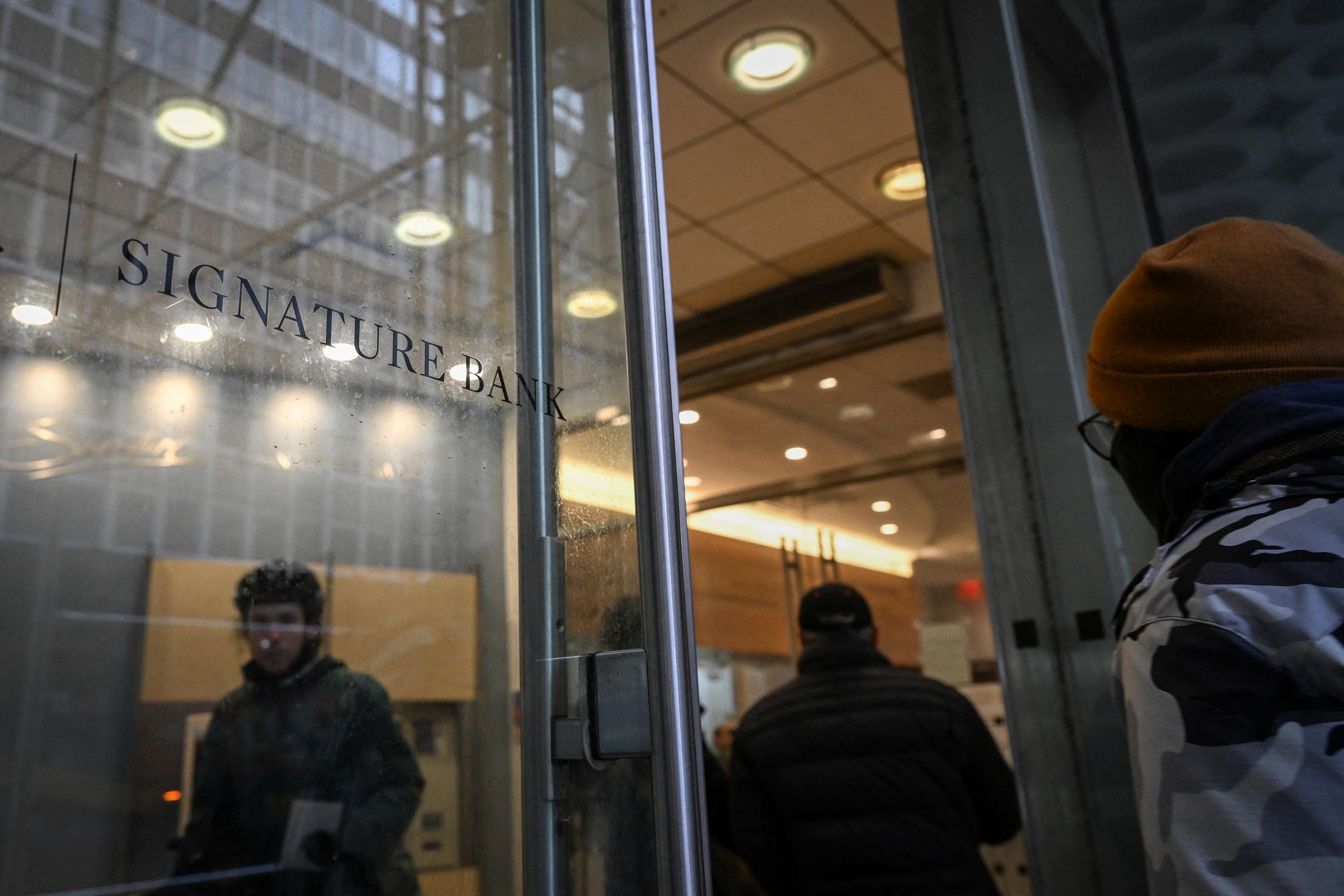 A branch of Signature Bank is pictured in New York, on March 13. (Ed Jones/AFP/Getty Images)
A branch of Signature Bank is pictured in New York, on March 13. (Ed Jones/AFP/Getty Images)A week after Signature Bank failed, the Federal Deposit Insurance Corporation said it has sold most of its deposits to Flagstar Bank — a subsidiary of New York Community Bank.
On Monday, Signature Bank’s 40 branches will begin operating as Flagstar Bank. Signature customers won’t need to make any changes to do their banking Monday.
New York Community Bank bought substantially all of Signature’s deposits and a total of $38.4 billion worth of the company’s assets. That includes $12.9 billion of Signature’s loans, which New York Community Bank purchased at a steep discount — it paid just $2.7 billion for them. New York Community Bank also paid the FDIC stock that could be worth up to $300 million.
At the end of last year, Signature had more than $110 billion worth of assets, including $88.6 billion of deposits, showing how the run against the bank two weeks ago led to a massive decline in deposits.
Not included in the transaction is about $60 billion in other assets, which will remain in the FDIC’s receivership. It also doesn’t include $4 billion in deposits from Signature’s digital bank business.
As the banking crisis spreads, banks have grown increasingly wary of taking on risk. That’s likely why New York Community Bank was unwilling to take on all of Signature’s assets.
The FDIC said Sunday it expects to sell off those assets over time, and the total cost to the government will ultimately be about $2.5 billion.
Global oil tumbles, gold jumps to 1-year high
From CNN's Mark Thompson and Anna Cooban
Global oil prices fell more than 2% early Monday, with US crude trading around $65 a barrel and international benchmark Brent crude around $71, as a selloff in global banking stocks resumed despite dramatic weekend action to shore up confidence.
Stress in the banking industry could slow economic growth, reducing demand for energy, as lenders become warier about extending credit to businesses and households.
Goldman Sachs believes that the American economy has a 35% chance of entering a recession within a year — up from 25% before the banking sector meltdown started.
Meanwhile, gold prices jumped 1.7% to trade at $2,004 per ounce — the highest price since March 8, 2022.
Gold often benefits from increased demand during times of economic uncertainty. It also becomes more attractive to investors when interest rates are low.
The market turmoil unleashed 10 days ago by the collapse of Silicon Valley Bank has prompted many analysts to dial down their expectations for interest rate hikes by the Federal Reserve and Bank of England this week.
.png)
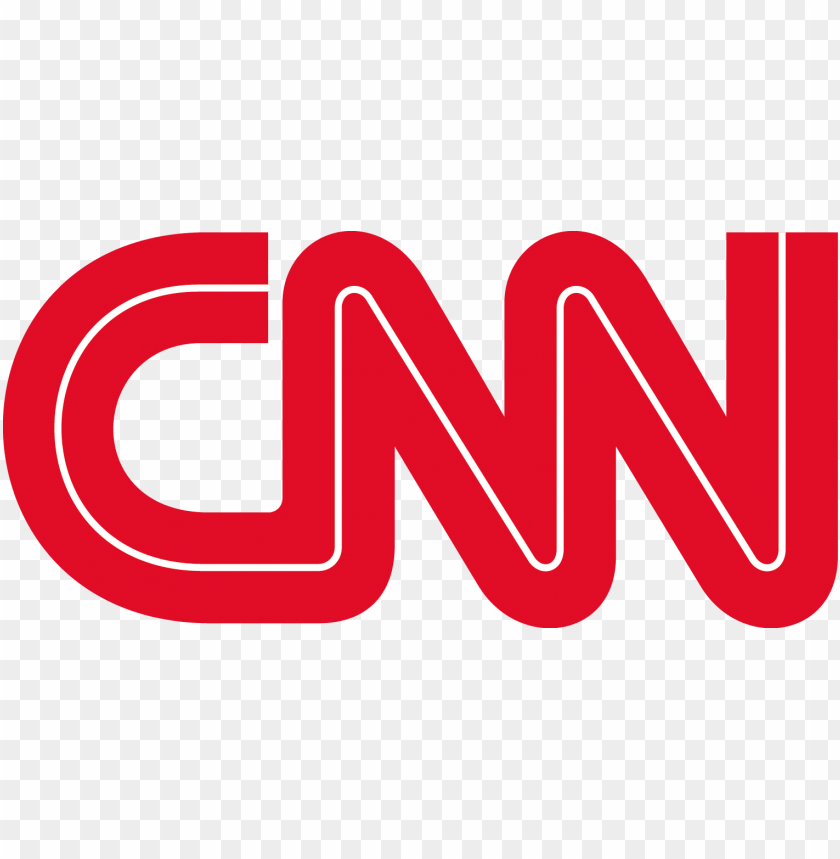 1 year ago
4
1 year ago
4


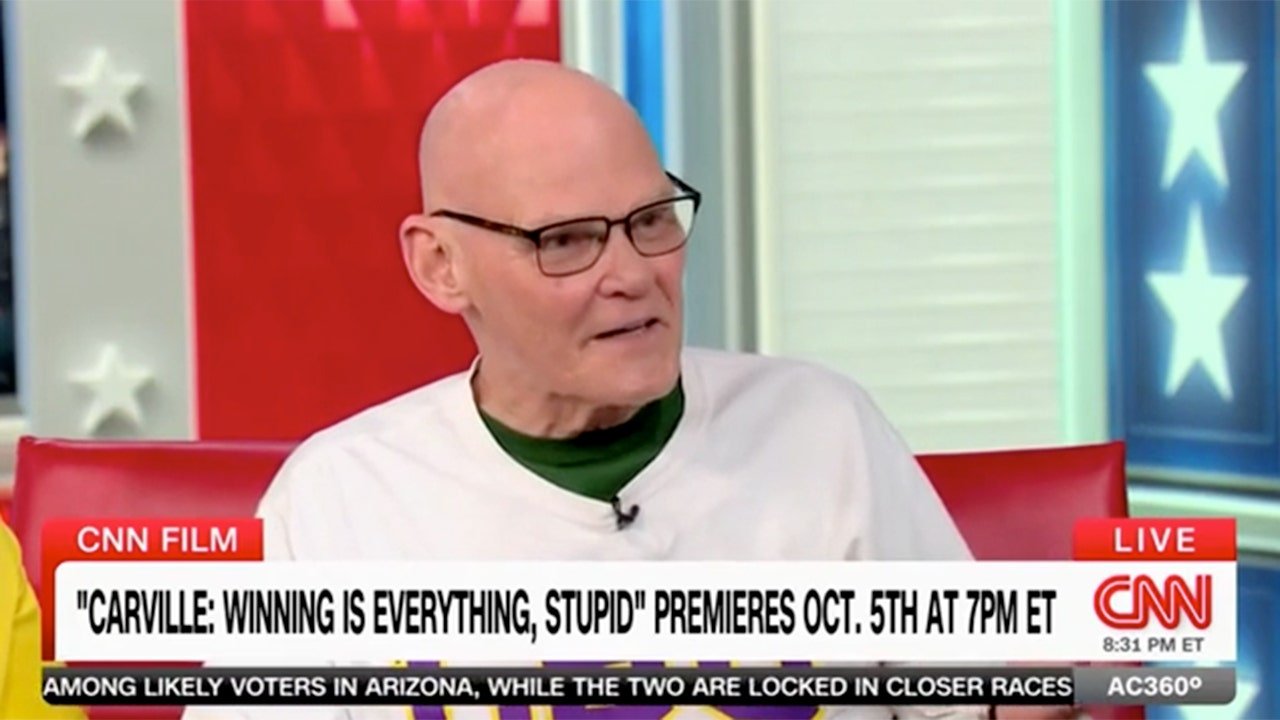






 English (US) ·
English (US) ·